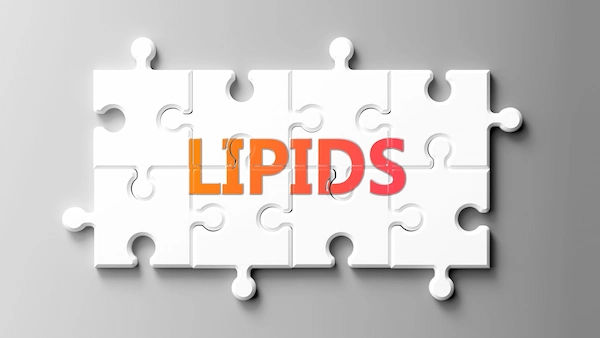- Male
- 33 Years
- 07/02/2025
I'm often finding my pulse rate hitting around 110 per minute even when I'm just resting. My doctor prescribed Betacap TR 40 and mentioned it might just be anxiety. Do you have any advice on whether there are other medications I should consider or any specific tests I should look into to better understand what's going on?
Answered by 1 Apollo Doctors
Your doctor has prescribed you Betacap TR 40 for your high pulse rate, which is likely due to anxiety. This medication contains Propranolol and helps in reducing heart rate and controlling symptoms of anxiety. You can take it as prescribed by your doctor. In addition to medication, you may also consider some lifestyle modifications to help manage anxiety and lower your pulse rate. This can include regular exercise, stress-reducing activities like yoga or meditation, and ensuring you get an adequate amount of sleep. As for tests, your doctor may recommend some blood tests to rule out any underlying medical conditions that could be contributing to your high pulse rate. These tests may include thyroid function tests, electrolyte levels, and cardiac enzymes. It's important to follow up with your doctor regularly to monitor your progress and make any necessary adjustments to your treatment plan.
Dr. Ibrahim Suggests...
Consult a Cardiologist
Answered 04/07/2025
0
0

More Cardiology Health Queries
View allI'm a bit concerned about my blood pressure; it's currently at 156110. What are some basic and routine steps I can take to manage it better and try to avoid having to take medication?
To help control your high blood pressure (156110) and potentially avoid medication, adopt these lifestyle changes: maintain a healthy weight, exercise regularly (aim for 30 minutes of moderate-intensity aerobic exercise, 5 days a week), reduce sodium intake (
Answered by 1 Apollo Doctors
I'm a bit worried after being diagnosed with sinus tachycardia and an incomplete right bundle branch block. The doctor mentioned I should start taking trimetazidine. I'm not sure if it's really necessary or if there might be other options. Could you help me understand if I should go ahead with it?
Sinus tachycardia and Incomplete right bundle branch block are both cardiac conditions that may require treatment to manage symptoms and prevent complications. Trimetazidine is not typically used to treat these conditions. For sinus tachycardia, beta-blockers like Metoprolol can be prescribed to help slow down the heart rate. For Incomplete right bundle branch block, treatment may not be necessary unless there are symptoms or other heart conditions present. It is important to follow your doctor's recommendations and discuss any concerns or questions you have about your treatment plan.
Answered by 1 Apollo Doctors
I'm really worried about my blood pressure, which is at 8065. I feel so weak and am considered underweight, weighing only 39.2 kg at a height of 5'3". I'm currently taking Health OK multivitamins to help with my low blood pressure, but I'm anxious if these numbers will ever get to normal. Do you think I'll be able to achieve a normal heart rate, or is this something I'll have to deal with forever? I'm only 20, so this has me pretty concerned.
Low blood pressure can be concerning, especially if it is causing symptoms like weakness. In your case, being underweight may also contribute to low blood pressure. To help increase your blood pressure and improve your symptoms, you can try increasing your salt and fluid intake, wearing compression stockings, and eating frequent small meals. To address your anxiety and support your heart rate, you can consider taking a beta-blocker medication like Metoprolol. The usual starting dose for Metoprolol is 25mg once daily, which can be adjusted as needed under medical supervision. It's important to continue monitoring your blood pressure and heart rate regularly, and make lifestyle changes to support your overall health. If you have persistent concerns or symptoms, it's advisable to consult a healthcare professional for further evaluation and management.
Answered by 1 Apollo Doctors
Disclaimer: Answers on Apollo 247 are not intended to replace your doctor advice. Always seek help of a professional doctor in case of an medical emergency or ailment.



